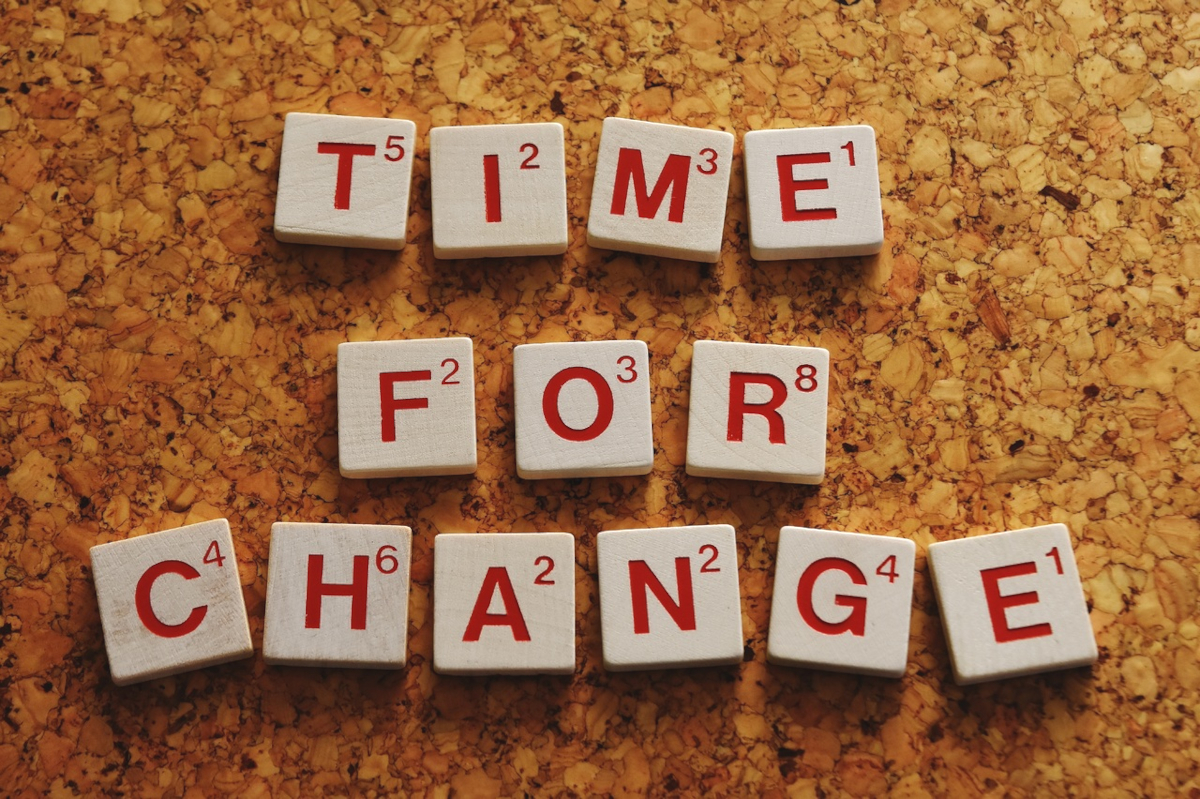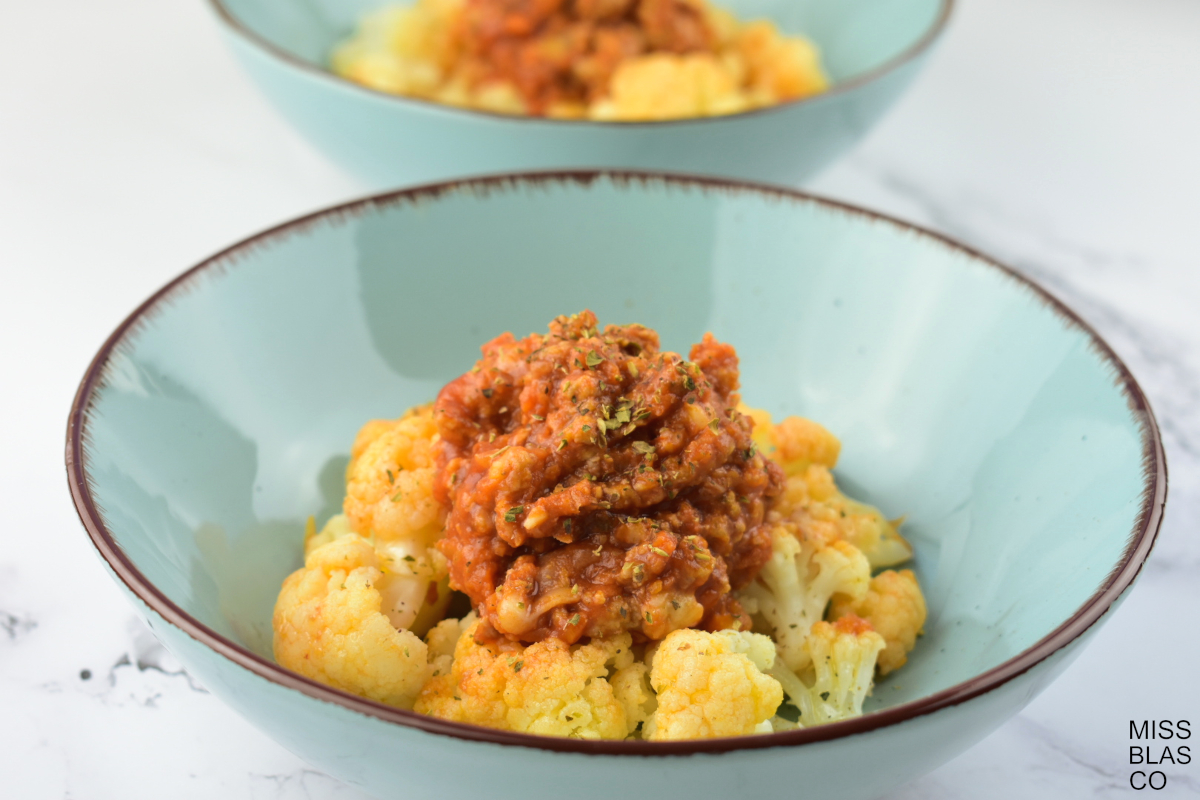
LOOKING FOR A CHANGE?
Looking for a change? At this time of year, many people think about going back to a diet, about abandoning supposed gastronomic banalities and returning to “good habits.” This hackneyed concept encompasses more than just diet; it covers other fundamental aspects such as exercising, being more active, drinking 2 liters of water, or watching less TV/mobile and reading more. If the months of January and September are times for you when you frequently consider this type of change, you may not yet have understood the “crux” of the matter. It’s not about going crazy without depriving yourself of anything during the holidays and then entering into a kind of penance when you return to your routine. Nor is it possible to change radically from one day to the next; neither our body nor our mind can handle it, and in fact, what usually happens is that we end up throwing in the towel before time.
If you’re looking for a change, start with your diet.
January arrives, the Three Kings pass, and with the Roscón still in our throats we prepare to give up all those sweets and carbohydrates that we have been consuming excessively during the previous 15-20 days.
You sign up for the gym, you consider going out for a walk every day and you also dust off the book you left on the nightstand, they are all good intentions, but I’m sorry to tell you that it is not that easy.
If we want to undertake a change, we have to do it step by step, without rushing, because what we want is for it to be forever.

It is true that someone may think that they quit smoking overnight and that this should be the same. Honestly, if quitting tobacco is difficult, I think quitting sugar and ultra-processed foods is even worse, not to mention a sedentary lifestyle.
Questions that are surely resonating in your head right now: Eat chicken and lettuce forever? Never try a Roscón again? And those summer mojitos that I like so much? I want ice cream!
Please calm down a little. You don’t have to give that up forever. You can enjoy those treats from time to time, but I’m warning you, if you finally make the change, you might not want them as much anymore.
The first change must be mental, change “maybe I’ll get it” to “I’m sure I’ll get it”.
Perhaps the day will come when your sense of taste will not tolerate a very sweet food, perhaps the day will come when a breakfast rich in carbohydrates without protein will not satisfy you, perhaps the day will come when you know how to prepare the simplest foods to turn them into something sublime.
“Perhaps” is an adverb that expresses doubt or probability, change it to “surely that”, change those thoughts and reassure yourself that all of this can happen.
First you have to become aware, then act, putting the changes into practice brings about the “habit”, that point at which your brain will no longer have to make an effort or suffer to say “no” to a sweet, for example.
To begin, you have to do a kind of reboot, just as you do on your computer, you can do it in your life, and more specifically, in your diet.

How to start changing your diet?
- Mark a realistic goal on your calendar, for example, losing 2 kilos during the first month.
- Go through your pantry and remove everything that tempts you, any package of anything, that you know that if it’s there, it exerts an inexplicable force on you.
- Establish a plan. Create a new document or prepare a blank sheet of paper and plan out the breakfasts, lunches, and dinners for the week. If you have a morning snack, also write down the healthy options you are going to consume.
- Make a shopping list with what you are going to need, don’t buy anything “just in case”.
- If you go out to eat on the weekend, make a mental plan before leaving home, what you are going to order and what you are going to avoid, be aware.
Eat less ultra-processed foods and spend less time sitting
A fairly easy way to take the first step is to consider the possibility of reducing the amount of refined carbohydrates you consume per day, if you have been reading me for a while, you already know what I mean, if not, I will explain it to you continued.

Note: Before you think I’m already with the same old thing, I want to emphasize that I have said “reduce the consumption of refined carbohydrates”, the “unrefined” ones should still be part of your diet.
That said, reduce sugar consumption in any of its forms (including brown sugar, agave syrup, panela and honey), reduce your consumption of flour in any of its forms (bread, tortillas, pancakes, pastries, pasta, etc.), and eat fruit, but control the amount, as the saying goes… “Even if a monkey dresses in silk, it’s still a monkey.”
You will also have to minimize alcohol consumption, there is no other way.
And of course, prioritize protein consumption, and don’t forget healthy fats, these types of foods, with high nutritional value, will be the ones that your body will tolerate best, and the ones that will make you feel full for longer.
In this type of nutritional plan, as in many others, the idea is always to change habits looking forward and not going back.
Create new routines and try to make the changes stay.
If you decide to progressively reduce carbohydrates in your diet, it is best to adopt new habits, new customs, a different way of eating, since the predominant way, subject to the standards of the last 50 years, clearly does not make us healthier, on the contrary, it makes us sick.

If we want to improve we have to consider what we are, we are human beings and our body has lived for many years of evolution eating natural products, connected with nature and in movement, this is evident, so far so good, but what can we do in the world we live in to get as close as possible to that?.
To start with, stop consuming ultra-processed foods and spend less time sitting down, with these two simple steps you can see changes.
Any diet is restrictive, just consider what.
There are many things that influence, it is not necessary to go on an extreme diet to lose weight or to maintain a stable weight, you can go on a diet eliminating refined carbohydrates and making sure that those that are consume are complex and come from healthy sources.
To begin with, I do not recommend a keto diet because it requires monitoring by a professional, either a dietitian or a nutritionist, and planning it correctly is not easy at all.
On the one hand, the correct distribution of macronutrients and on the other, ensuring an adequate intake of micronutrients since, in the long term, deficiency states can occur.
Returning to our plan, let’s be realistic, you CANNOT eat everything, you can eat foods, but not ultra-processed industrial products (nor in moderation, as many say).
How are they distinguished? Very simple, they do not have a label. Any product that is sold without a label is of natural origin and therefore, suitable for the diet. (There are always exceptions, depending on pathologies, intolerances or allergies, that’s more than obvious).
If you want, you can, but you have to want to.
It’s simpler than it seems, but you have to have the will and want to do it.
If you also consider a series of scheduled workouts, the possibility of going for a walk around the city or in the mountains (always better in company, but if you have to go alone, you go), or through a nearby park, connecting with nature, sunbathing, then your plan will begin to take shape.
To feel good, remember to do good stretching, relaxation sessions, start meditating, practice yoga, do Pilates, there are many options, and all of them provide many benefits.
If you want to improve, If you want to take care of yourself, take control of your health, don’t leave it in the hands of others, don’t believe everything you read, first see who sponsors it.
If you have any questions or concerns, let me know in the comments.
Hugs!
Related posts: